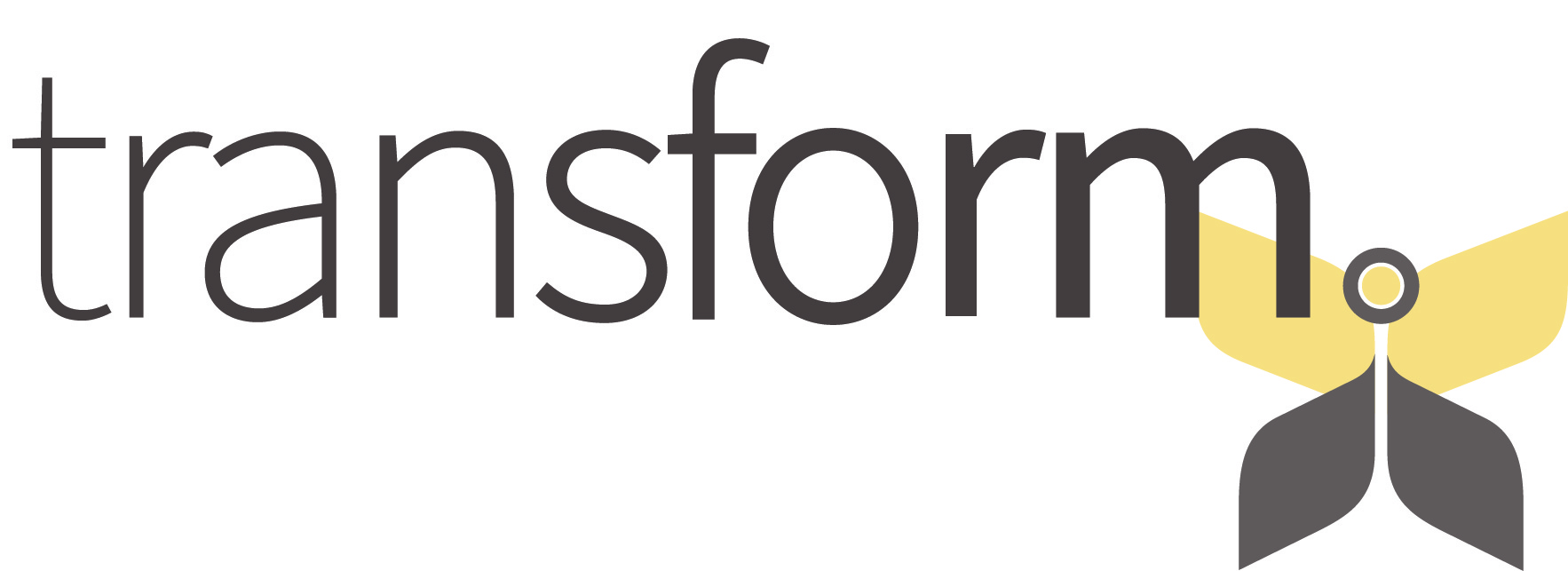There’s no doubt that 2020 has thrown a curveball for businesses everywhere. The COVID-19 pandemic has caused many companies to rethink how they do business—and many of them have turned to virtual tools to help them maintain a corporate culture when they physically can’t be together.
Here are 10 strategies to successfully build a virtual team instantly:
- Define work systems. Each member should have an idea of how long it should take for certain tasks. Setting standards can shorten the time needed to achieve the desired results.
- Establish multiple communication tools. Have a way your team members can communicate something that is urgent to the right person immediately. Knowing which tool to use for conference calls or screen recordings contributes to a feeling of togetherness.
- Schedule regular meetings. Holding meetings at the same time on the same weekday contributes to creating a routine. Video calls are one of the best ways to maximize efficiently because they recreate a routine office feeling remote teams are missing out on.
- Make sure work hours overlap. Regardless of what time zones your team members are one, try to make sure everyone is online for a few hours at the same time so they are available to come together for problem-solving solutions.
- Provide detailed descriptions of tasks. Include examples of what the final result should look like and give the team the freedom to execute it.
- Choose video calls over chatting and emails. With virtual teams, video calls or at least regular calls are more than a way to avoid misunderstandings. They connect team members on a more personal level.
- Find the right people. Not everyone is cut out for remote work. Know as much as possible about any candidates before hiring them so you can be sure they are a fit for your company.
- Reward your employees. Setting up reward systems can keep your employees motivated and to better pinpoint the team members that can take on more responsibility.
- Use project management tools. These can be ideal to keep track of deadlines, send alerts and reminders for deadlines.
- Create a professional work environment. Setting professional standards contributes to being efficient and puts people in the right mindset.

